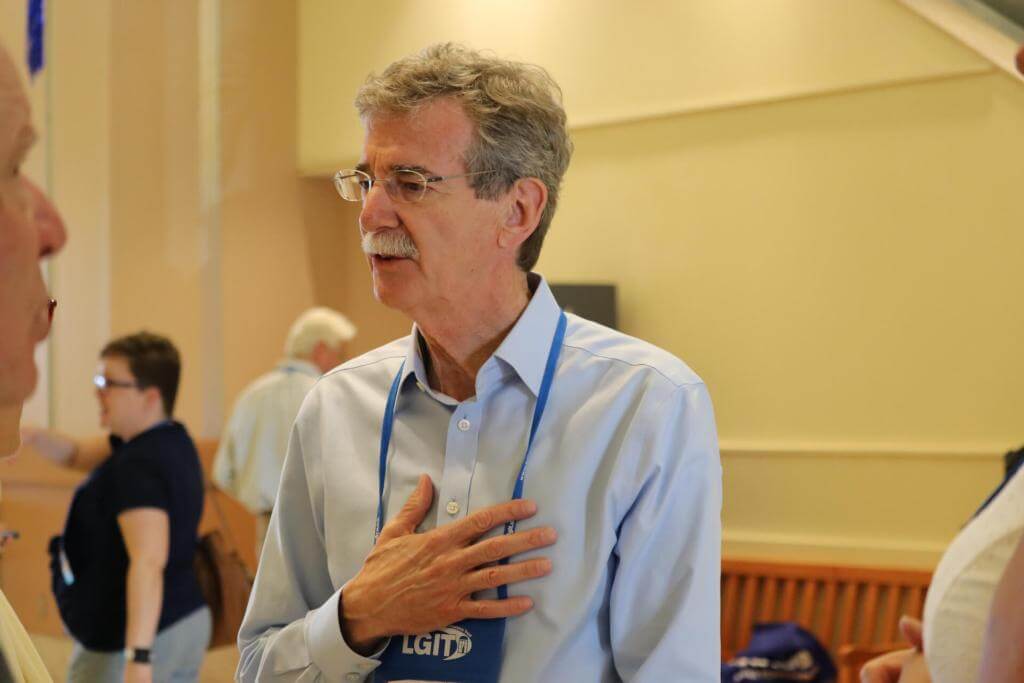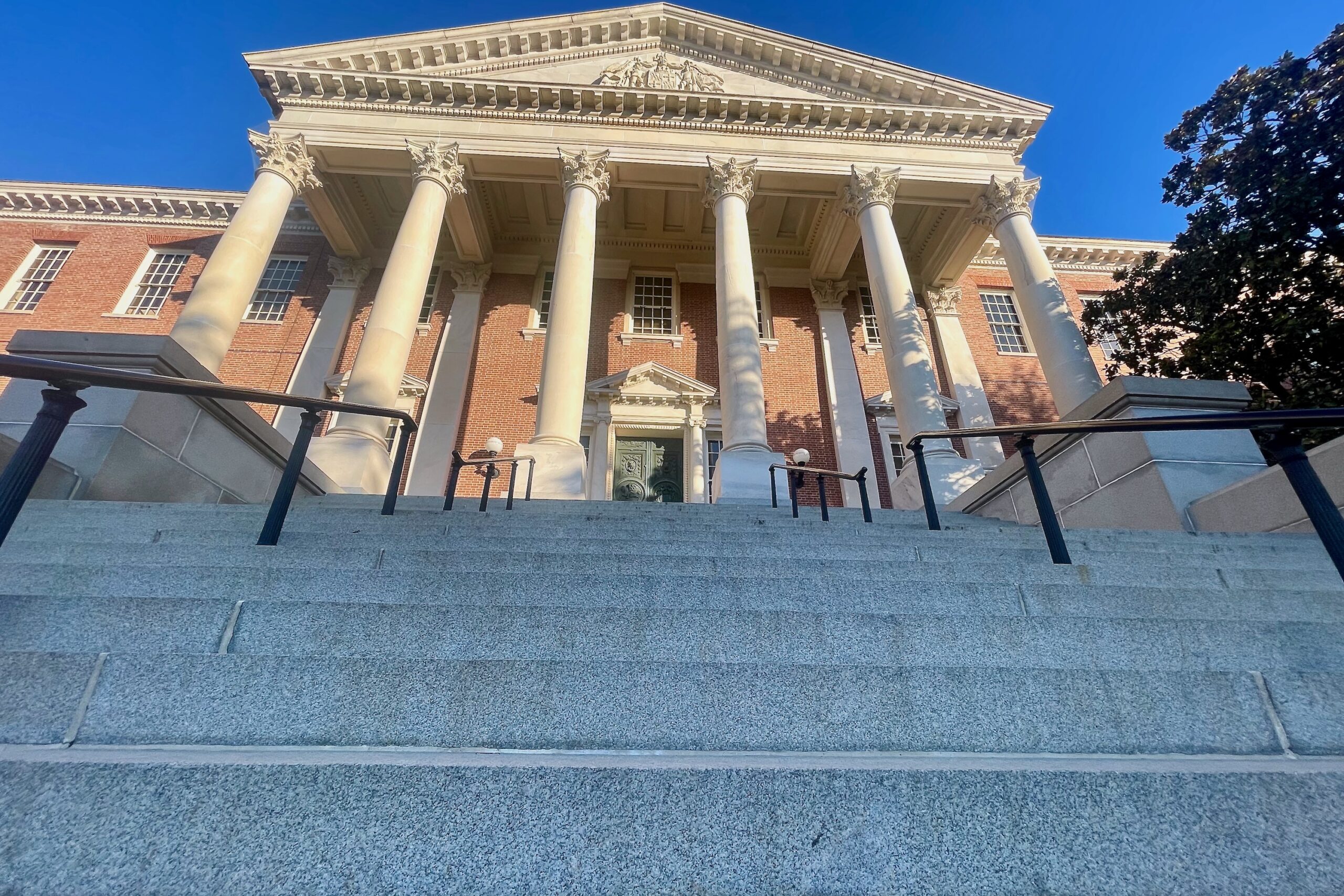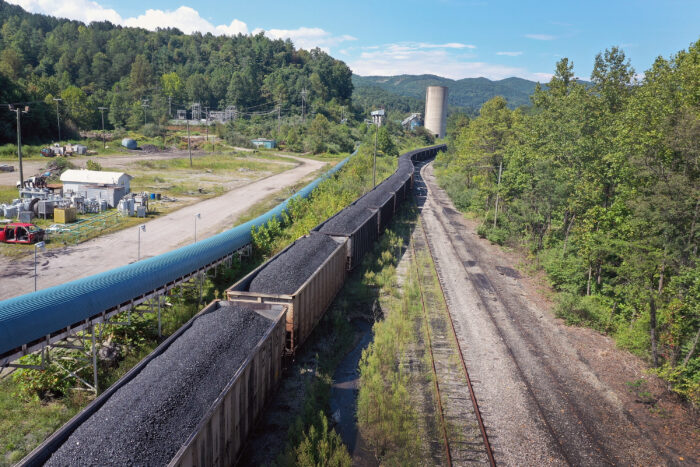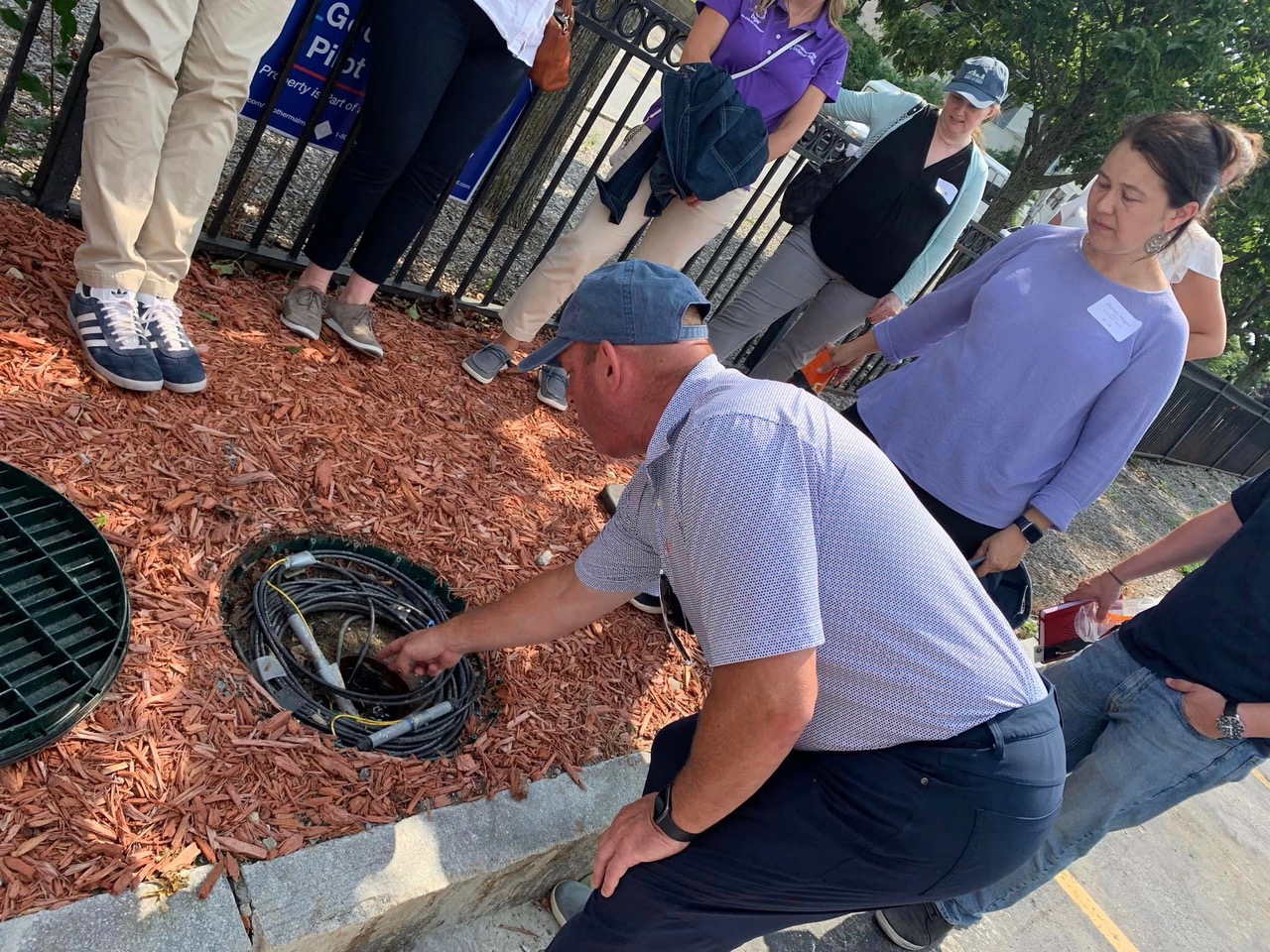Bill Would Allow the Attorney General to Sue Companies for Climate Fraud

One Maryland lawmaker is seeking to enable the attorney general to prosecute fossil fuel companies that have contributed to the climate crisis through fraud or deception.
“Internal industry documents show that the fossil fuel companies predicted as far back as the 1960s that their products would cause catastrophic climate impacts,” Del. Jennifer R. Terrasa (D-Howard) told the House Health and Government Operations Committee Wednesday.
“Instead of disclosing what they knew, the industry deliberately misled the public, policymakers and media about the dangers of climate change in order to protect their profits. These companies didn’t play fair, they violated state law, and now our communities are paying a price.”

Del. Jennifer R. Terrasa (D-Howard)
House Bill 1078 would allow the attorney general to hire outside counsel on a contingency basis to take action against fossil fuel companies that unlawfully contributed to the climate crisis. Currently, the attorney general is precluded from taking such action under common law, according to Hannibal Kemerer, the chief counsel for legislative affairs to the Attorney General’s office.
In 2017, the General Assembly enacted a law that empowered the attorney general to sue the federal government without permission from the legislature or the governor. But this provision did not extend to private companies, Kemerer clarified.
Kemerer testified in support of the legislation on behalf of the Attorney General’s office.
Proponents clarified that this measure would only affect companies that are knowingly harming the climate and deceiving the public.
“Just buying and selling fossil fuels will not bring you a suit. You have to be engaged in tortious and unlawful activity such as knowingly lying about the climate crisis,” said Jamie DeMarco, Maryland policy director for the Chesapeake Climate Action Network.
DeMarco contended that large companies like ExxonMobil confirmed the truth about climate change with their scientists and then spent billions in disinformation campaigns denying climate change and the industry’s role in it.
Terrasa’s bill comes after 25 states, cities and local municipalities filed lawsuits against oil and gas companies for lying to the public and shareholders about the industry’s contributions to climate change.
In 2018, the City of Baltimore sued 26 oil and gas companies, including global ones like ExxonMobil, Shell and Chevron, seeking to hold them financially responsible and help pay to protect Baltimore City from the impacts of climate change. The U.S. Supreme Court is expected to rule later this year on whether state courts, where the lawsuit was filed, are the proper jurisdiction for such a case.
Last month, the City of Annapolis similarly sued 26 oil and gas companies, contending that the fossil fuel industry knew about its dangerous contributions towards climate change but misled the public about the science.
So far, six attorneys general across the country have filed similar lawsuits.
Having a state case is critical because municipalities may not have enough resources to take action against a powerful fossil fuel industry, DeMarco said. “On behalf of all of the Marylanders who don’t have the great honor of living somewhere wonderful like Baltimore City or Annapolis that are lucky enough to have the resources to bring this case, we want a case brought on behalf of all Marylanders.”
However, Vincent McAvoy, a Baltimore activist, argued that “we’re all to blame” by contributing to greenhouse gas emissions through driving cars or simply turning on a light, so empowering the attorney general to take action against the fossil fuel industry is “nonsense.”
Some people who testified were worried about the measure’s unintended consequences on farmers and the building industry.
Colby Ferguson, director of Government Relations at the Maryland Farm Bureau, contended that the measure was too broad, potentially allowing the attorney general to sue dairy farmers for the methane emissions that cows produce. He asked for amendments that would narrowly focus the measure to its true intent.
Similarly, if a developer or construction company buys a product that was manufactured or sold by a company that has violated the law, this measure could allow the attorney general to prosecute or sue the building industry as well, D. Robert Enten, a lobbyist for the Maryland Building Industry Association said.
Terrasa said that farmers and the building industry are not the intended targets of the bill.
Along with three other Maryland delegates, Terrasa recently joined the Leaders for Climate Accountability, a nationwide network of public officials committed to holding polluters accountable for their role in the climate crisis.




 Creative Commons Attribution
Creative Commons Attribution